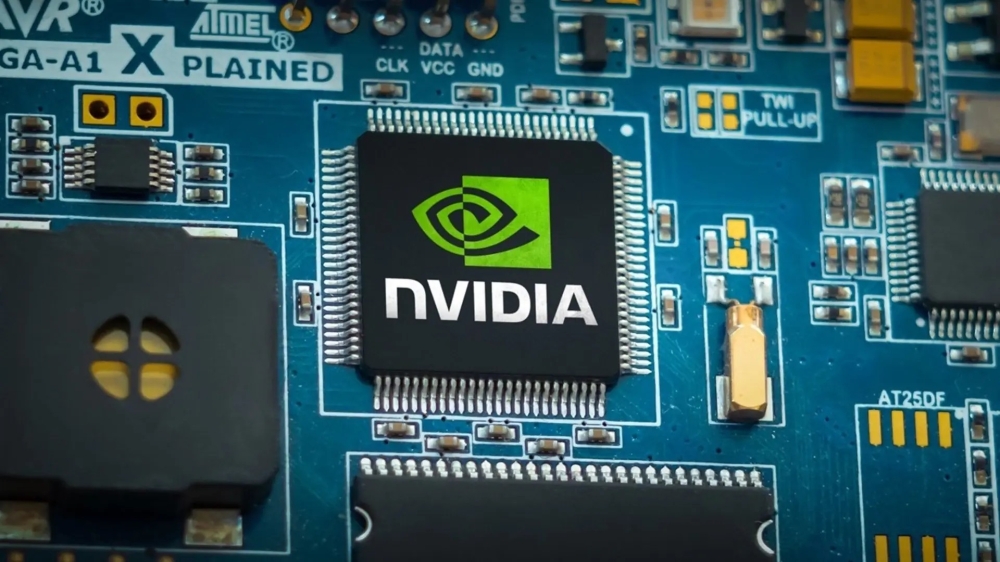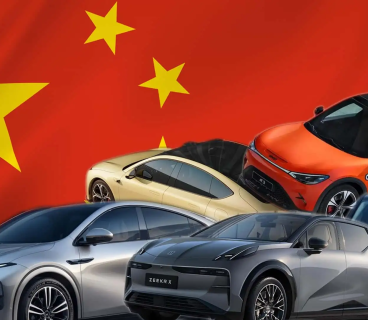Chinese government agencies and state media have advised local companies, especially those operating in government and national security sectors, against using Nvidia’s H20 artificial intelligence chip. Chinese state media have described the chip as "underperforming, environmentally harmful, and unreliable."
In response to these claims, Nvidia stated that the H20 chip is designed for commercial—not military—use and contains no hidden security vulnerabilities. The company also emphasized that the Chinese government has never fully trusted U.S.-made chips. The statement said, "China has enough domestic chips to meet its needs. Just as the U.S. government does not trust chips made in China, China does not and will not rely on U.S. chips for government operations."
The H20 chip is based on Nvidia’s Hopper architecture and is among the most advanced models approved by the U.S. for sale to China. It is worth noting that the U.S. requires chip manufacturers to pay 15% of their revenue from sales of certain products to China to the government. Meanwhile, China has also reportedly placed restrictions on AMD’s MI308 chip, though this has not been officially confirmed in documents.
Although overall tensions between the U.S. and China have somewhat eased, political struggles in the technology sector continue. China is favoring its domestic chips in response to U.S. export restrictions, and this transition is expected to be long and challenging. Since China’s high-quality domestic chips are not yet fully ready, these changes will be implemented gradually and in stages.








